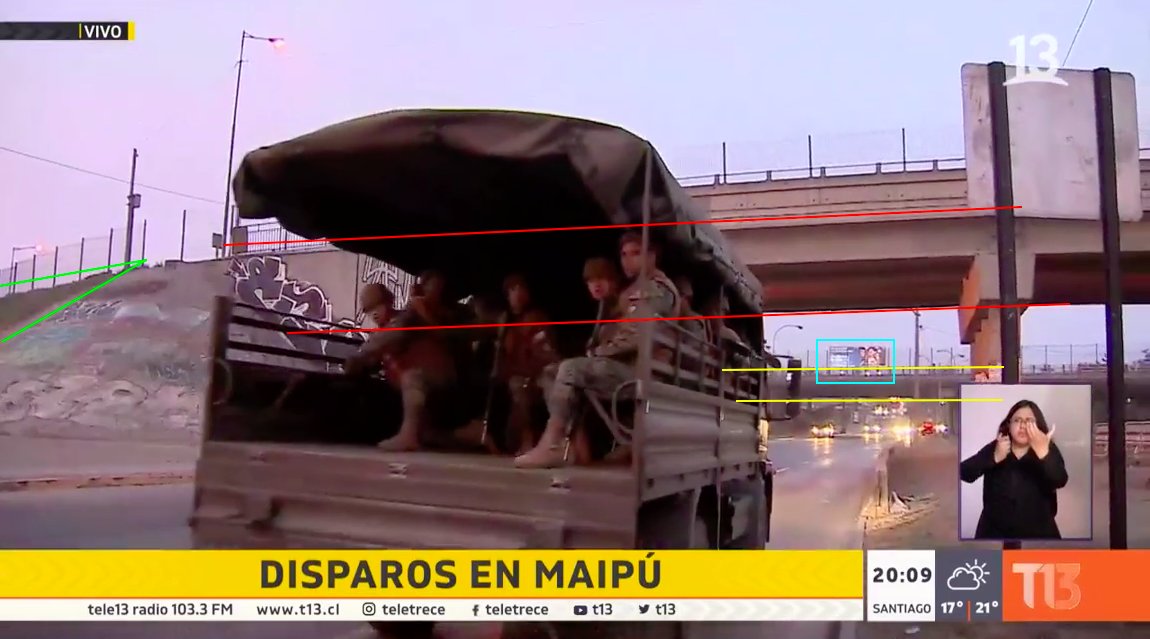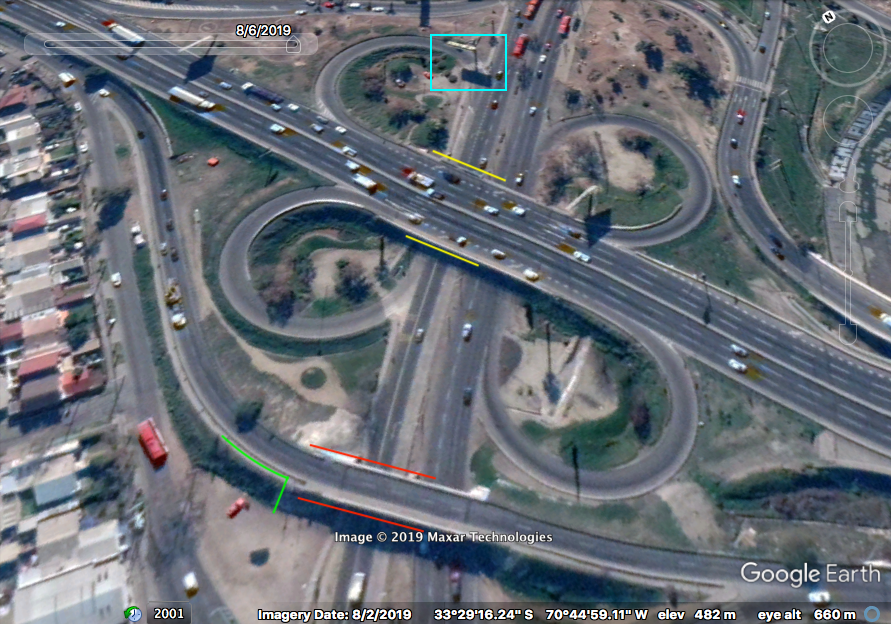In chs. 9–10, Job responds to Bildad’s rather simplistic and callous theology.
Understandably, he doesn’t respond to it well.
In fact, in emotional terms, Job seems to be at his worst in chs. 9–10.
His accusations against God are at their most hostile and irreverent,
In ch. 9, Job complains about how hopeless a task it is to try to pin God down.
And, in ch. 10, Job switches to the second person and complains directly to God about how unfairly he has been treated.
‘I know the same things as you’, Job says in response to Bildad’s claims about Job’s (lack of) righteousness.
Yet how can a man possibly be ‘in the right’ with *God* (9.2)?
Suppose your black and white view of the world is right, Bildad.
Suppose God never perverts justice (8.3a).
And suppose God never refuses the requests of the blameless (8.20a).
And suppose God never sustains the lives of the wicked (8.20b).
You say God would listen to me if I was ‘in the right’ (8.3-6).
But how can *anyone* truly be ‘in the right’ (צדק) with God?
But, as we’ve noted (in our introduction), the book of Job is set in patriarchal times.
And Job does not, therefore, have much to work with as far as divine revelation is concerned.
They are simply gleaned from what Job has observed in the world around him (combined with a certain amount of ‘natural theology’).
The same point is reflected in Job’s choice of divine names.
Job, however, refers to God as YHWH only once (12.9).
God has become a foreign entity to Job, characterised not by covenant loyalty, but by ‘might’.
And, as a result, Job’s thoughts roam far and wide.
‘If someone entered into a debate with God’, Job says, ‘he could not answer one out of his every thousand questions!’ (9.3).
For the relevant question-count, see below:
academia.edu/41661888/
It gives God leave to do whatever he wants, without any constraints or limitations (9.4),
which God frequently takes advantage of.
At first blush, 9.5–7 might seem to refer to freak events in the natural world (such as earthquakes, eclipses, etc.).
🔹 The ‘mountains’ which Job mentions in 9.5 are said to be able to ‘know’ (or not know) what God has done to them.
He has in mind an *ethical/social* collapse, a *moral* earthquake, and an eclipse of *justice*.
More specifically, Job has in mind his own disasters.
Bildad’s world is black and white, while Job’s is awash with grey.
God is a God who does unfathomable wonders, Job says (9.10).
And who would disagree? Indeed, Eliphaz makes exactly the same point in 5.9.
he finds God’s entire *character* ‘unfathomable’ (אין חקר)—a phrase which Job associates not with ‘unfathomable greatness’, but with ‘inscrutability’ (cp. the sense of חקר in 5.27, 8.8, 11.7, 13.9, etc.).
And God can move on from Job, and Job will not realise God has left him (9.11b).
He is mysterious, elusive, untraceable. And deliberately so.
God cannot be questioned or resisted (9.12 w. 32).
And, once inflamed, his anger is unstoppable (9.13).
since God is not only beyond man’s ken, but beyond man’s notion of *justice* (9.14–15).
And, even if he could, God’s presence would overwhelm him (9.17–18).
Job is therefore frustrated by God’s transcendence.
And, as the chapter continues, his view of God does not improve.
Bildad and Job both have a mistaken view of God, though for very different reasons.
Bildad’s theology stems from a mistaken presupposition.
Job knows God is far from predictable.
Indeed, Job has seen God turn his world upside down overnight. Job’s God therefore governs the world not by algorithm, but by impulse. He is wild, dangerous, and erratic.
But, in 9.4, our author gives us an insight into the cause of Job’s errors.
‘If it is a contest of strength’, Job says, ‘then God is the (most) mighty one!’
‘If it is a matter of justice, who can summon him?’
In other words, might makes right in heaven’s courtroom.
Even though he is righteous, God will still condemn him (9.20–21), Job says.
So far is God above man’s sense of justice, the blameless and the wicked are alike to him (9.22, 29, 10.15–16).
In sum, then, to try to hold God to account is a hopeless task.
Job therefore considers two possible courses of action (9.27–31).
If Job cannot win his case against God, he may as well drop it.
Or so one might think. But, while others might have been able to adopt such a course of action, Job cannot.
If God has afflicted Job in life, then things will not turn out well for him in the afterlife (9.28). And if his life is destined to end in destruction, then his labours—like those of the Preacher—will have been ‘in vain’ (הבל) (9.29).
Exactly what Job has in mind here is hard to say.
To wash oneself with snow would seem a rather pointless exercise.
To wash with snow is, therefore, merely a gesture—an act of great symbolic import yet little real purpose.
Which may well be Job’s point, since to (try to) make oneself ‘more innocent’ is equally pointless.
And, in any case, Job at his very ‘cleanest’ would still not satisfy *God’s* standards of cleanness (9.31).
What Job needs is a mediator.
God is too mighty for him, too vast, too otherworldly, too transcendent.
But it nevertheless seems to put the idea in Job’s mind, and it seems to be an idea which Job cannot forget.
But first, a reflection to close.
While Job 9 is not explicitly quoted in the NT, it shares a number of significant contact-points with the text of Mark 6.45–54.
God has abandoned Job to life’s stormy seas and is now nowhere to be seen. Hence, in 9.7–11, Job describes God in terms of mystery and elusiveness.
In Mark 6.45, Jesus sends his disciples across the Sea of Galilee alone.
Then, as night falls (and the heavens are bowed), a storm sweeps across the Sea,
which endangers the disciples’ lives.
As Jesus approaches them, they do not realise it is him.
And it then looks as if Jesus will pass them by.
And, as one might expect, they can helpfully be read in light of one another.
While Jesus appears to have abandoned his disciples, he has not.
He has gone to a mountain top to pray.
Despite Job’s claims to the contrary, God has not abandoned him. Rather, God has temporarily ‘withdrawn’ himself, which he has done for a specific time and a specific purpose.
At the same time, the text of Job 9 helps to interpret the element of mystery inherent in Mark’s portrayal of Jesus.
He withdraws to desolate places, teaches in parables,
speaks about the future of his ministry only in very cryptic terms,
and is consistently misunderstood by his disciples.
Unconstrained by a covenant, Job’s God is wild, unpredictable, and capricious.
Yet, as Christians, God’s vastness is a source of fascination and wonder.
We are related to God by means of a covenant.
a man who loved his disciples to the very end,
when he suffered, did not threaten in return,
and, when he was crucified, forgave (1 Pet. 2).
THE END.




















